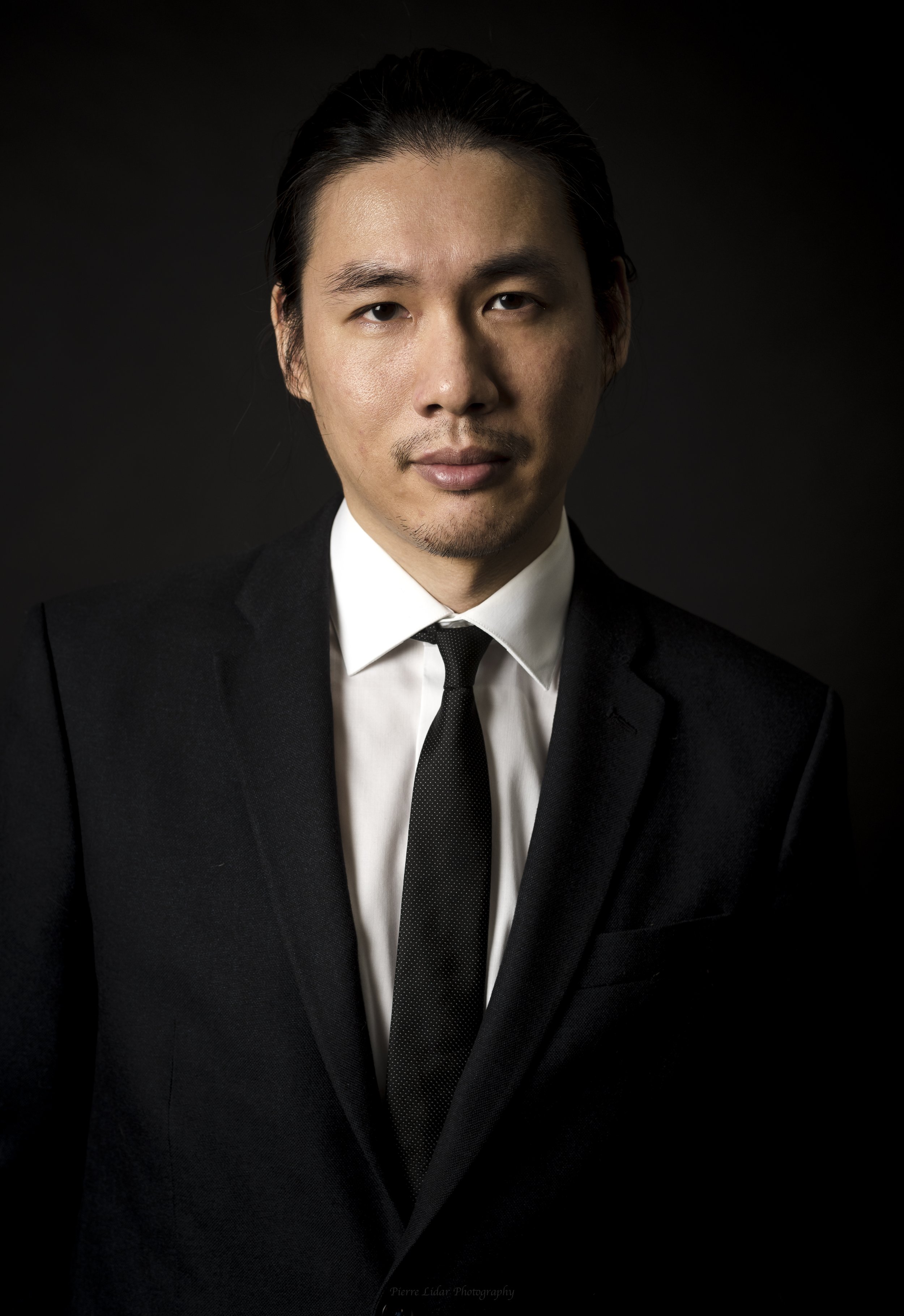Everything must change
This program serves as a sequel to our recital, But how things change, which is a depiction of how life was altered from the onset of the COVID-19 pandemic. Musically and textually we moved through isolation and yearning in Edie Hill’s The Giver of Stars, euphoria through the songs of Fauré, grief and confusion in Ravel’s Deux Mélodies Hébraïques, hope and persistence in Errollyn Wallen’s Daedalus, deeper understanding of our loved ones in Shawn Chang’s Marty’s Letter, and finally relinquishment and acceptance in Mahler’s Rückert Lieder.
Despite humanity’s best attempts to move forward with empathy, every day continues to harbor many of the traits we attempted to leave behind: chief among them selfishness and close mindedness. We see this reflected in political decisions that harm the people most in need of protection and aid, in the violation of human rights that occurs daily across the world, and in a general sense of hopelessness about what lies ahead for all of us. This program explores our current state, divulges how we can overcome and transform, and depicts what a better world could be like.
Anchoring our program are songs of Franz Schubert which continue to impart relevance and profundity even 200 years later. Schubert refused to conform to the societal or artistic standards imparted by the regime of Metternich who utilized heavy censorship in order to suppress revolution, something which was gripping neighboring France. Schubert used his music to voice his views about the political culture in addition to supporting groups which combatted censorship, policing, and violence against the commonwealth. Wehmut and Herbst depict an oppressive environment tinged with the knowledge that there is the potential for spring to come.
Stefania Turkewich was the first woman to have her compositions published in Ukraine but eventually had her music banned by the Soviet Union. Turkewich infused Ukrainian folksong melodies with modern compositional techniques and set the poetry of many of the most prolific Ukrainian poets. She fled persecution after World War II and relocated to Britain where she died in 1977. Silver Song I and My Heart are dedicated to victims of war and violence in Ukraine, Palestine, Ethiopia, Yemen, Afghanistan, Haiti, Myanmar, Iran and in many other parts of the world. We would like to thank and acknowledge the amazing team at The Ukrainian Art Song Project for the incredible work they have done and continue to do to bring this art form to the forefront, especially under unimaginable circumstances. Our heartfelt thanks to Pavlo and Larysa Hunka for their support of our performance of Turkewich’s music.
Schubert’s Hoffnung and Frühlingsglaube ask for the courage and resilience needed to reach spring, a time and place of renewal and bliss. Hoffnung hopefully declares that the strength to complete the work at hand will result in a resurgence of peace. Frühlingsglaube specifically remarks that everything must change in order for healing to happen.
Viktor Ullmann’s Six Sonnets de Louïze Labé is one of his few surviving works from before he was imprisoned in Theresienstadt (a concentration camp located in German-occupied Czechoslovakia) in 1942. While in Theresienstadt, Ullmann composed and performed, using his music as a way to connect with those around him even under these unbelievable circumstances. In 1945, Ullmann was transported to Auschwitz where he was executed. Our performance honors his life and memory. These six songs grapple with love, longing, pain, passion, ecstasy, and contentment from the point of view of Louïze Labé (a feminist French poet of the Renaissance era who used her voice boldly to advocate for women’s ability to write and who was unafraid to be explicit in her own writings). Ullmann published these songs in 1941 mere months before he was taken to Theresienstadt, but he wrote them with the knowledge that he was being persecuted, the music is simultaneously filled with wonderment, anxiety, passion, and violence. These songs above all declare that love is what gives our lives meaning.
Schubert’s Iphigenia and Die Götter Griechenlands portray isolation and longing through the lens of Greek mythology while standing firm in the desire to return to one's homeland and to the past which seems far simpler than what lies ahead.
Following is a demand for transformation and for justice through the poetry of Jacqueline Suskin in songs by Shawn Chang. Suskin is a poet who ensures that her work (which is infused with revolutionary ideals) is accessible to the communities who need it most. Chang’s Us Now opens with mysterious hopefulness that society has the opportunity to create a world for ourselves, then crosses into a playful and idyllic song about taking risks and diving into the unknown, and finally the third song asks why when we have so many other ways and choices somehow society as a whole “sinks beyond our own capability of light.”
Radiohead’s Kid A was a direct response to the band’s disillusionment with the world and how their own music making existed in the world following their successful Ok Computer. As so many artists do when hitting a wall, they decided to break it apart, relying on experimental methods of sound production. Finding inspiration in the music of Messiaen and Penderecki, Radiohead utilized rhythmic propulsion and instruments like the ondes martenot to convey a growing sense of retaliation. The first song that Thom Yorke wrote for this album was Everything in its Right Place, a song about the depression he was facing at the time. This song connects to the crux of our program, Everything Must Change. Ighner’s iconic words and music need no introduction, the fundamental need for reformation could not be clearer or more pressing. Everything must change.





